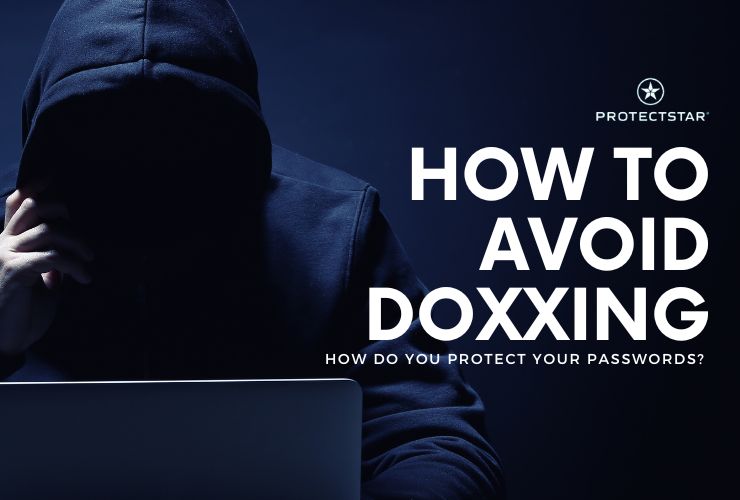Doxxed and Done? How to Protect Yourself From Online Exposure

The internet offers a wealth of information and connection, but it also carries a dark side: doxxing. Doxxing, the act of publicly revealing private or identifying information about someone online, can have devastating consequences. Whether you're a social media enthusiast or simply someone who values their privacy, here's how to fortify your defenses and minimize the risk of getting doxxed.
Building a Strong Password Fortress
Your passwords are the gatekeepers to your online identity. Here's how to ensure they're unbreachable:
- Uniqueness is Key: Never reuse a password. A data breach on one platform shouldn't unlock your entire digital life.
- Embrace Complexity: Create strong passwords with a lot of entropy. This means using a mix of uppercase and lowercase letters, numbers, and symbols. Imagine a password as a high-security lock; the more complex it is, the harder it is to crack.
- Password Managers: Juggling multiple complex passwords can be a headache. Thankfully, password managers come to the rescue. These secure applications store and generate strong, unique passwords for all your accounts. There are even free options with excellent functionalities.
- Two-Factor Authentication (2FA): Double the Trouble for Hackers: Use two factor authentication whenever possible. 2FA adds an extra layer of security by requiring a second verification code, typically sent to your phone, in addition to your password. This makes it much harder for unauthorized access, even if your password is compromised.
- Your Browser Isn't a Vault: Never save passwords in your browser. Browsers offer a convenient password storage option, but it's not the most secure. A single compromised device can expose all your saved passwords.
Beyond Passwords: Protecting Your Digital Footprint
Strong passwords are just the first line of defense. Here are some additional steps to minimize your doxxing risk:
- Privacy Settings Matter: Review and adjust the privacy settings on all your social media accounts and online services. Restrict who can see your personal information and limit the amount of data you share publicly.
- Think Before You Share: Sharing your home address, phone number, or even your birthday publicly online can increase your doxxing risk. Be mindful of what information you share on social media platforms and other online forums.
- Beware of Third-Party Services: Consider storing sensitive data on a private server you control instead of relying on third-party services. While many offer robust security measures, data breaches can still occur.
Damage Control: What to Do if You're Doxxed
Despite your best efforts, doxxing can still happen. Here's how to react:
- Act Quickly: The sooner you take action, the less damage can be done.
- Contact the Platform: If the doxxing occurred on a specific platform, report it immediately and request the removal of the information.
- Change Your Passwords: Immediately reset the passwords for all your online accounts, especially those containing sensitive information.
- Seek Legal Help: In some cases, legal action may be necessary to remove doxxed information and hold those responsible accountable.
Have you gotten doxxed before? Let us know on our social media channels!